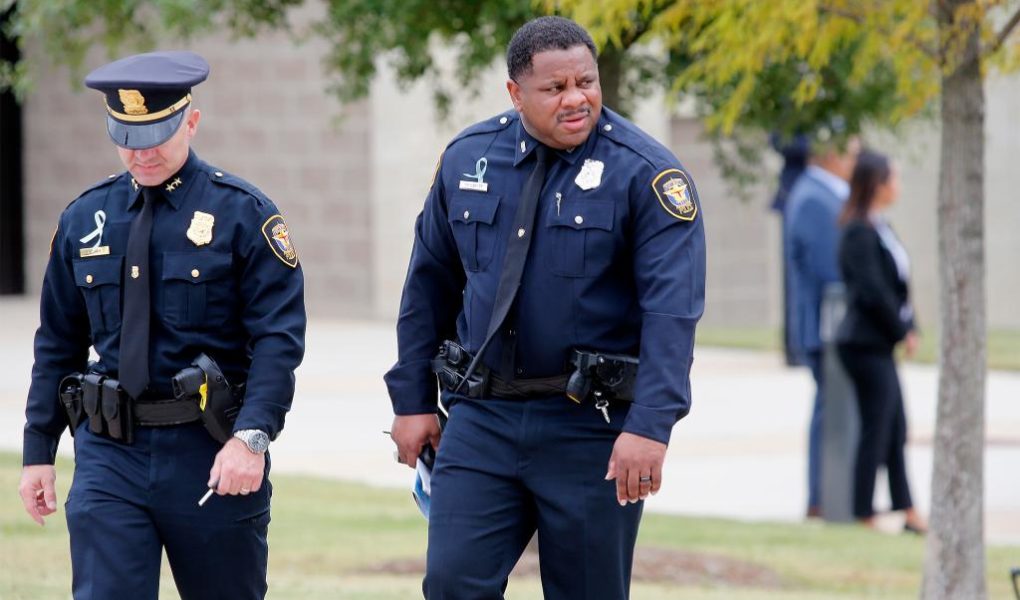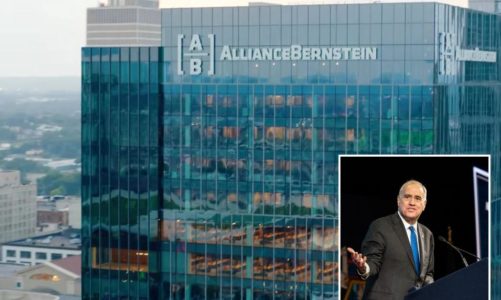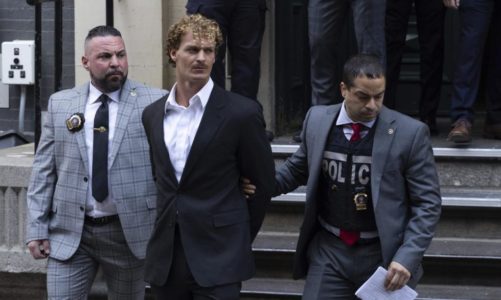The death of George Floyd was tragic in nearly every way imaginable. Not only did an officer take the life of a citizen he was sworn to protect, the resulting protests caused a law enforcement staffing crisis of historic proportions. Since summer 2020, a major increase in violent crime threatens to upend some 25 years of crime reduction successes across the nation.
As a mentee of many of the civil rights icons who worked with Dr. Martin Luther King, Jr., I’ve led social justice efforts since I was a student at Morehouse College in Atlanta. I recognize the unique value of public demonstrations that call attention to essential issues. And, there is a very real need for reform in our criminal justice system. Unfortunately, many of the protest movements that emerged from Floyd’s death have done more harm than good. Protests don’t always mean progress.
Progress requires a well-coordinated strategy that generates dialogue and produces productive outcomes. Progress relative to policing requires a clear understanding that law enforcement is an essential partner in creating safe and equitable communities. These are the principles that should anchor effective engagement between law enforcement and the communities they serve.


Over the past three years, my organization, MovementForward, Inc. (MFI), has become the largest police-community collaboration in the US. In May, we hosted the first-ever national training conference for police officers specifically aimed at building bridges between communities and their local police forces. Over 800 officers from all 50 states attended and demonstrated their commitment to collaborative approaches to crime reduction.
Police departments are struggling. Each month I meet with dozens of law enforcement officials – all of them describing the difficulties in filling academy classes and retaining their existing force. The reason is simple. The animus and political posturing directed at their profession has made a career in law enforcement untenable. The post-Floyd “defund the police” movement only made things worse – particularly in the most vulnerable communities. Not content with demands to squeeze police departments of resources, the activists have targeted the supply — discouraging and disparaging new recruits. That effort is strategic, but also dubious. It’s also impacting justice.
Long before Floyd’s death, the tenor of this public discourse had already turned accusatory and graceless. It also lacked any acknowledgement that most officers are genuine civil servants guided by moral and legal principles. Such demagogy is affecting officer morale, with 68% believing that social justice rallies are motivated by anti-police bias, 86% saying their jobs have become much more difficult, and 93% reporting that they are increasingly concerned about their own safety, according to research by Pew. Demoralized and dejected, far too many officers are retiring, resigning and retreating on the job, no longer certain how to engage with the public.


This cause and response of this epidemic are clear: The demonization and demoralization of police departments in the wake of Floyd’s murder. Within two months of his death, officer numbers had dropped by some 35%, while reports of gunfire surged accordingly. Such shifts were felt across the nation: In Chicago, traffic and street stops plunged while murders soared. In Dallas, homicides doubled in the month after Floyd’s death while aggravated assaults rose by 35%. In New York, July 2020 saw a 50% increase in homicides and 177% increase in shootings. Meanwhile, over the subsequent 12 months, officer retirements increased by 45% and resignations by 18% nationwide. This problem has only escalated. A 2022 study of 11 major metropolitan police found reductions between 2.2% – 16% over the past two years.
We stand on a precipice of crisis but also of opportunity. The opportunity to better train officers and provide them with more resources. The opportunity to help new recruits build careers with clear channels for promotion. But these technical reforms are secondary to the most crucial component of effective police reform – changing how communities and officers relate to one another. To do this, we must intentionally create opportunities for officers and residents to interact in non-enforcement settings, such as our recent training conference.
Nationwide, police academies spend an average of 110 hours on firearms and self-defense skills but only eight hours on community policing.Safety and justice require strong connections between law enforcement and the residents they’re tasked with protecting. Building these bridges will not only help keep citizens safe, but also keep officers in uniform.

Reverend Markel Hutchins is Chief Executive Officer of MovementForward, Inc., an Atlanta-based national civil and human rights organization.
𝗖𝗿𝗲𝗱𝗶𝘁𝘀, 𝗖𝗼𝗽𝘆𝗿𝗶𝗴𝗵𝘁 & 𝗖𝗼𝘂𝗿𝘁𝗲𝘀𝘆: nypost.com
𝗙𝗼𝗿 𝗮𝗻𝘆 𝗰𝗼𝗺𝗽𝗹𝗮𝗶𝗻𝘁𝘀 𝗿𝗲𝗴𝗮𝗿𝗱𝗶𝗻𝗴 𝗗𝗠𝗖𝗔,
𝗣𝗹𝗲𝗮𝘀𝗲 𝘀𝗲𝗻𝗱 𝘂𝘀 𝗮𝗻 𝗲𝗺𝗮𝗶𝗹 𝗮𝘁 dmca@enspirers.com




